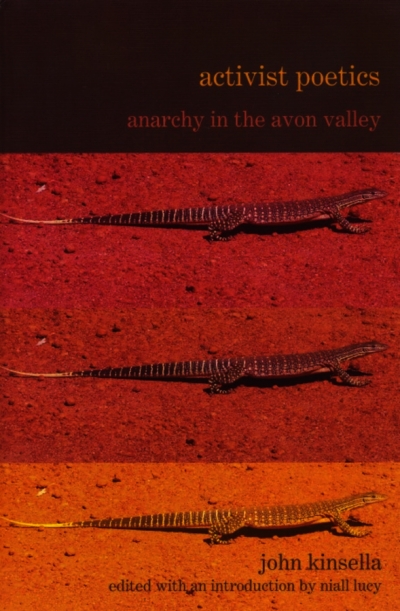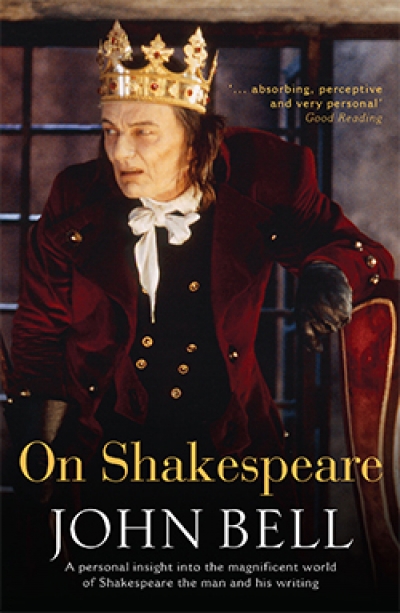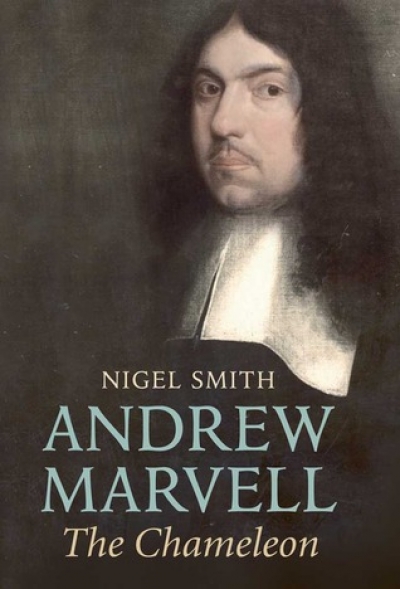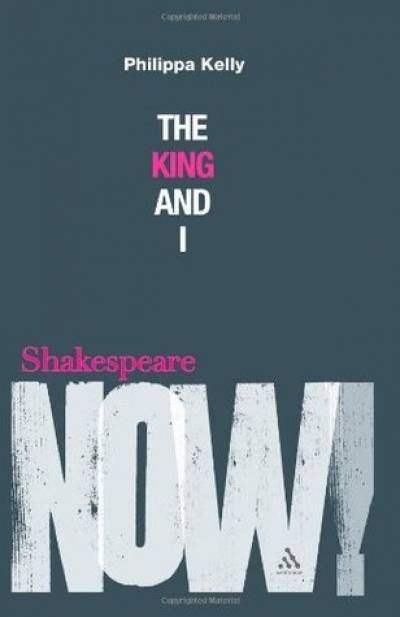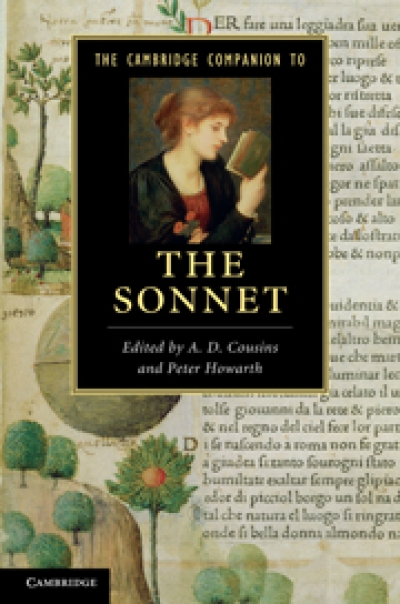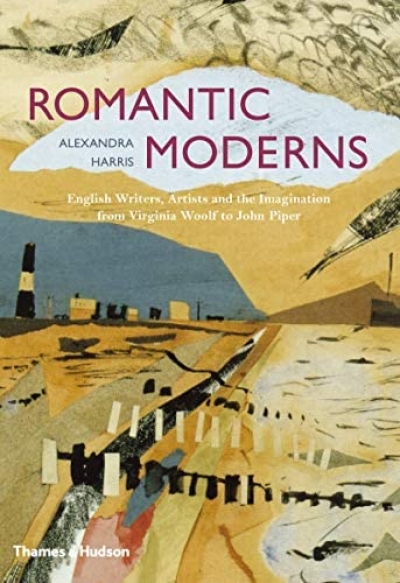Literary Studies
Activist Poetics: Anarchy in the Avon Valley by John Kinsella, edited by Niall Lucy
This book of essays by the vegan-anarchist-pacifist poet John Kinsella on the relationship between political activism and poetry raises two big questions: how do we live in modernity? and what is it like to live beyond the mainstream? The first question lies behind the great cultural movements of the West, from Romanticism to postmodernism. Whether writers have embraced modernity or rejected it, they have long struggled with the very conditions that brought literary culture into existence. The utopian possibilities of modernity have always been in conflict with modernity’s material realities.
... (read more)When Arnold wrote his famous sonnet, he could have been anticipating John Bell’s book, which repeatedly asks provocative questions about the man and the work that have been his life’s inspiration – and arrives at much the same conclusion as Arnold. We don’t go to Shakespeare for mere knowledge, but for insight, challenge, and enrichment, and perhaps to help us know ourselves and others better. Further, as Bell says: ‘There is no worldwide conspiracy to keep Shakespeare alive. He survives because actors want to go on performing him and audiences want to listen.’ These sentences come from his second-last page, and the rest of the book helps us to understand why.
... (read more)British author Glen Duncan released his eighth novel this year, the title of which, The Last Werewolf, is fairly self-explanatory. Although a much more philosophical (and entertaining) read than one might imagine in our current supernaturally-dominated ‘box-office’ novel landscape, Duncan’s book was a marked departure from an author better known for h ...
In 1629, Charles I of England sent Daniel Nys to Europe to buy art. Along with works by Titian and Rubens, Nys bought Mantegna’s masterpiece, The Triumphs of Caesar (1486–92). This work on nine large panels is at once sombre and full of wonders. Of its time the most accurate representation of Roman customs and costumes, it is also a work in which precision has a strange effect, almost of tenderness. Still hung at Hampton Court, it was one of only a few works that Cromwell kept after the regicide.
... (read more)Literary critics used to adopt a persona claiming disinterested separation from the text being analysed. Critical theory, in particular post-colonial and gender studies, eroded this stance, showing that criticism is always self-interested, concealing or inadvertently revealing tacit assumptions stemming from the critic’s biography, class, gender, and political persuasions. As a result, it is common nowadays for critics to be more self-aware about their own value systems. In some ways, this returns us to a Romantic understanding of interpretation reflected in Hazlitt’s ‘It is we who are Hamlet’, Coleridge’s ‘I have a smack of Hamlet myself, if I may say so’, and Keats’s ‘axioms in philosophy are not axioms until they are proved on the pulses ... you will know exactly my meaning when I say, that now I shall relish Hamlet more than I ever have done’.
... (read more)The Cambridge Companion to the Sonnet edited by A.D. Cousins and Peter Howarth
It is a measure of the stature of William Wordsworth among his younger contemporaries that he would find himself subject to innumerable challenges over the early years of the nineteenth century. What upset the second generation of Romantic poets – Percy Bysshe Shelley, Lord Byron, and, to some extent ...
... (read more)'Hautes Fenêtres: Thoughts on the place of translation in recent Australian poetry' by Simon West
In a 1995 interview for the Paris Review, Ted Hughes was asked if the 1960s boom in translated poetry, particularly with series such as the Penguin Modern European Poets, had influenced poetry written in England. ‘Has it modified the British tradition!’ he replied. ‘Everything is now completely open, every approach, with infinite possibilities. Obviou ...
It’s not often that literature makes the front page of the Sydney Morning Herald, but on 3 November 2006 the lead story was a report by David Marr about the National Library of Australia’s purchase of a collection of Patrick White’s papers, previously thought destroyed. Other media, both in Australia and internationally, picked up the story. The T ...
Romantic Moderns: English Writers, Artists and the Imagination from Virginia Woolf to John Piper by Alexandra Harris
Romantic Moderns,like this year’s wisteria in England, is catching the attention of many. Both are very English phenomena; and while Oxbridge colleges and London’s residential streets drip purple blossom, this new title has won the Guardian newspaper’s first book award and been shortlisted for two other eminent prizes. Public interest has been further stimulated by word of mouth, while excellent packaging, in terms of product design and well-chosen illustrations, has turned this book into a popular gift. It is also the subject of much debate. Few would deny that by the late 1930s in England a concerted project of national self-discovery was under way. But surely this was a shameful retreat? Didn’t it mean a return to the past, to safe traditions and to a ‘Little England’ mentality, after the wider and more progressive embrace of international modernism? Or is Alexandra Harris right to talk of a modern English renaissance which, as it unfolded fully in the 1940s, proved bold, timely, necessary, and of undeniable cultural significance?
... (read more)Nine Lives: Postwar Women Writers Making Their Mark by Susan Sheridan
Susan Sheridan’s Nine Lives, a ‘group biography’, analyses the life stories and literary achievements of nine Australian women writers. The purpose, according to Sheridan, is not only to rediscover the life story of each, but also, by exploring their publishing and aesthetic context, to create a ‘fresh configuration’ of our literary history.
... (read more)

